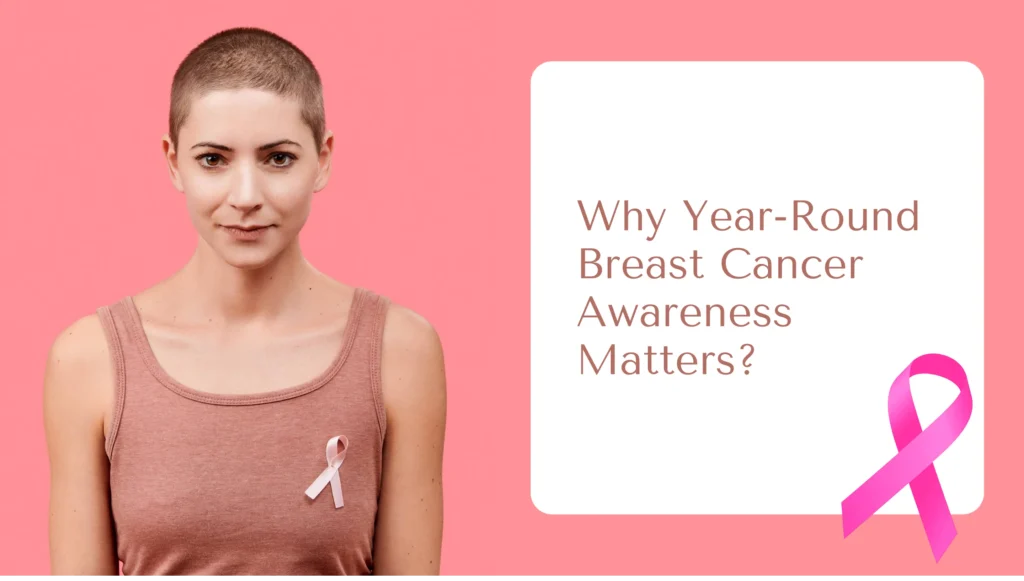Breast cancer is a disease that affects millions of lives worldwide, and the search for effective treatments is ongoing. Clinical trials play a crucial role in this journey, offering hope and empowerment to both patients and researchers. Let’s explore the significance of breast cancer clinical trials and why participating in them can make a real difference.
Understanding Breast Cancer Clinical Trials
Before diving into why participation matters, let’s first understand what clinical trials are all about. Clinical trials are research studies conducted with human volunteers to evaluate new medical treatments, interventions, or devices. In the context of breast cancer, these trials aim to find better ways to prevent, detect, diagnose, and treat the disease. They typically follow a series of phases, each designed to answer specific questions and assess safety and effectiveness.
Breaking Down Barriers: Dispelling Misconceptions
Clinical trials often face misconceptions and myths that can deter individuals from participating. One common misconception is that clinical trials are risky or experimental. However, it’s essential to know that rigorous safety measures are in place to protect participants. Before a trial begins, it undergoes thorough review by independent ethics committees and regulatory authorities. These safeguards ensure that the rights, safety, and well-being of participants are prioritized at every stage of the trial. You can find a clinical trial for breast cancer at Clinical Net.
The Empowering Journey: Benefits of Participation
Participating in a breast cancer clinical trial can be a profoundly empowering experience. Not only do participants gain access to potentially life-saving treatments not yet available to the public, but they also play a crucial role in advancing medical science. By volunteering for a trial, individuals contribute valuable data that can lead to breakthroughs in breast cancer treatment and improve outcomes for future patients. It’s a tangible way to make a difference and be part of something bigger than oneself.
Navigating the Process: How to Get Involved
If you’re considering participating in a breast cancer clinical trial, the process may seem daunting at first. However, there are resources and support available to guide you every step of the way. Start by discussing your options with your healthcare provider, who can help you understand the potential benefits and risks of participating in a trial. Additionally, websites like ClinicalTrials.gov provide comprehensive listings of ongoing clinical trials, making it easier to find studies that may be suitable for you.
Questions You Need to Ask Before Being Part of Breast Cancer Clinical Trials
You’ve finally found some breast cancer clinical trials for which you might be eligible. This can give you energy and make you feel like you’re finally getting somewhere. There’s some light at the end of the tunnel.
However, before you rush into the process, you must slow down and investigate the breast cancer clinical trials. You need to make sure that you have all of the necessary information at your fingertips so you can make the right decision. Here are some questions you should ask before signing up for the trial.
What is the Objective of the Trial?
One of the most important pieces of information you must find out is what the breast cancer clinical trials hope to achieve. Of course, you have to realise that not all trials will be what you’re looking for. So, you need to find one that aligns with your goals and that will make you happy to participate. Therefore, make this one of the first questions you seek the answer to. This way, you can know if you want to go any further with your investigations or look for another clinical trial.
Where Will This Take Place?
It’s likely that you’ll have to travel for the breast cancer clinical trial. They can take part at a specific hospital or other location, which might involve you travelling regularly or staying at certain accommodations. Of course, you’ll need to know all of these details before you get involved, making sure it’s suitable for your lifestyle.
Will There Be Any Side Effects?
Imagine you’re undertaking breast cancer clinical trials that involve new drugs or medical procedures. You need to know whether you’re going to suffer any side effects from these new processes. For instance, there could be sickness or lethargy, as well as hair loss or changes to the skin. No matter what the side effects are, you need to understand them in plenty of time so you can debate whether you want to go ahead with the clinical trial. You may decide that they’re not a big deal. Alternatively, they could be deal breakers.
Conclusion
Joining a breast cancer clinical trial is not just about receiving treatment—it’s about being part of a community dedicated to fighting against this disease. By participating in a trial, you’re not only empowering yourself but also contributing to the collective effort to find better treatments and, ultimately, a cure for breast cancer.


